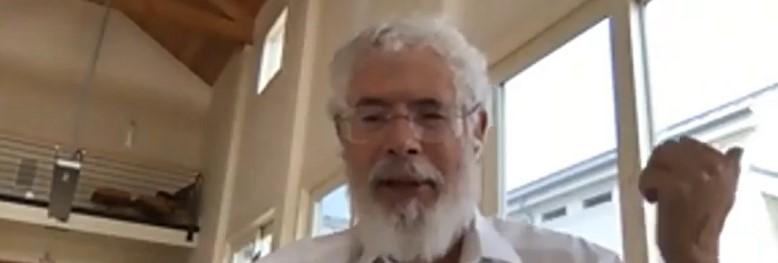Naval Postgraduate School Welcomes VADM (Ret.) David Lewis as New Chair of Acquisition - Acquisition Research Program
null
Blogs


